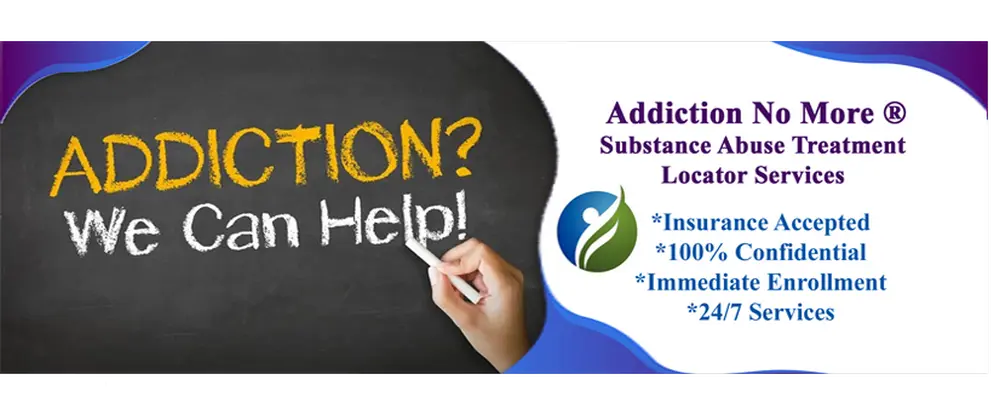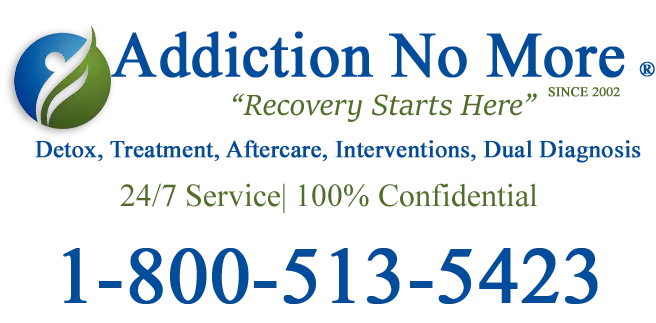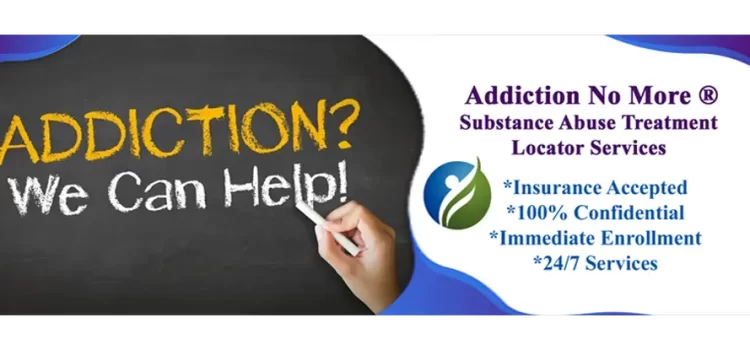How To Help A Drug Addict or Addicted Person
The first step in recovery from addiction can be a life-changing event for anyone. Finding the best treatment approach can be a matter of life or death. There are many different paths in the treatment of addiction. Finding the right therapeutic approach, a rehab program that best matches the individual’s needs, and speaking with the right addiction professionals can make the difference between success and failure.Drug or alcohol addiction is not a condition to be taken lightly. Addiction can devastate a person emotionally and physically. Getting them the help that they need is paramount to their survival. Different drug addictions can have different consequences for the user. Some will need detox before even considering a program for addiction.
Before talking to your loved one, it is important to be knowledgeable about the addiction that they are having problems with and the various types of treatment that are available to them. When confronting someone about addiction, you need to make sure that you don’t get into an argument with them about their addiction. People who are abusing drugs or alcohol can be brought to anger very quickly and approach the situation with love and concern for their well-being.
If you suspect that someone you love is using drugs or alcohol to excess, please call to speak with one of our chemical dependency counselors today. We are here 24 hours a day, 7 days a week. This is a completely confidential call. We can give you tips and pointers on how to help your addicted family member. If you would like to get your son or daughter into treatment for addiction as early as tonight, call us, and we can help you do that. Save their life. Call us now.
1-800-513-5423

Interventions
When approaching a loved one about their addiction, it can be worrisome and leave the family members afraid to confront the addict due to the uncertainty of how they will react to the confrontation. Before attempting to talk to someone about their drug or alcohol use, try to answer the questions listed below as honestly as possible and, if willing, include the person you are concerned about. To find an interventionist, call us now.Does the individual say they want to cut down their usage of the substance in question?
Do they want to stop using or cut down but just can’t seem to do it on their own?
Do they miss social or family activities because of drug use or abuse?
Do they continue to use even when they have a physical or psychological that has been brought on by addiction or made worse by continued use?
Does it take more of the drug to get the effect that they desire or want?
Have they developed symptoms of withdrawal when not using the drug and only to be relieved by more intake of the drug they are abusing? Some withdrawal symptoms can be mild and not easy to spot, while others can be obvious and even life-threatening.
Do they put themselves in harm’s way to get or use their drugs?
Are they unable to get their life to a manageable state because of drug use?
Do they spend a lot of time getting over or recovering from drug use?
If you have answered yes to any of these questions, there may be a substance abuse problem that needs to be handled.
1-800-513-5423

You Do Not Have to Do This Alone
Once you have decided that there might be an issue that would be better handled with professional help, the hard work starts. Reassure your friend or loved one that it takes a lot of courage to take this most important first step. Like other chronic diseases, addiction can be handled successfully. Treatment for addiction will help the individual counteract the disruptive and potentially deadly effects that addiction has on the brain and body. Rehabilitation has been proven to help, and there is scientific research that proves that people do recover from addiction and go on to lead healthy and productive lives.
It can take several attempts for some to get their addiction under control, but with the right choice in treatment models, that can be avoided. Everyone has different needs and beliefs so finding the right fit for treatment can be the difference between success and failure. Treatment for addiction is a very personal and individualized process, depending on many factors, including medically assisted detox, in-patient or out-patient care, long-term or short-term stays in treatment, and whether or not psychiatric medications are necessary to handle an underlying mental condition is needed.
If the person is aware that there is a concern about his or her well-being, contacting an interventionist can be the best option as a starting point. Calling our hotline is free and we can help you figure out if an intervention is the best route to take to ensure that the individual gets the help that they need. Often times intervention is not necessary and the family can get the person that is affected by addiction to drugs to want to get the help they need.
If the person in question has been to rehab before but relapsed soon after treatment, another program will still be effective for them if they want to get the help they need. Having been to treatment for addiction before can be a benefit, as the person has many of the skills they need to recover from addiction and should try again. Having a fear of relapse should never get in the way of trying treatment again. People who relapse after treatment are not untreatable. Relapse occurs about as often as any chronic disease and involves changing deep-rooted behaviors. Relapse can be a part of that process. The return to drug abuse does not mean that the treatment failed. It just means that the treatment needs to be adjusted and restarted to accommodate the needs of the addicted person. We all know someone who could use help with their addictions. If you know someone who is in need of help, give us a call and we can help them find treatment for addiction today.
1-800-513-5423
Sources
Brief Interventions
Evidence-Based Psychosocial Interventions in Substance Use
Harm Reduction
National Academy of Medicine
Erik Epp – Content Author





